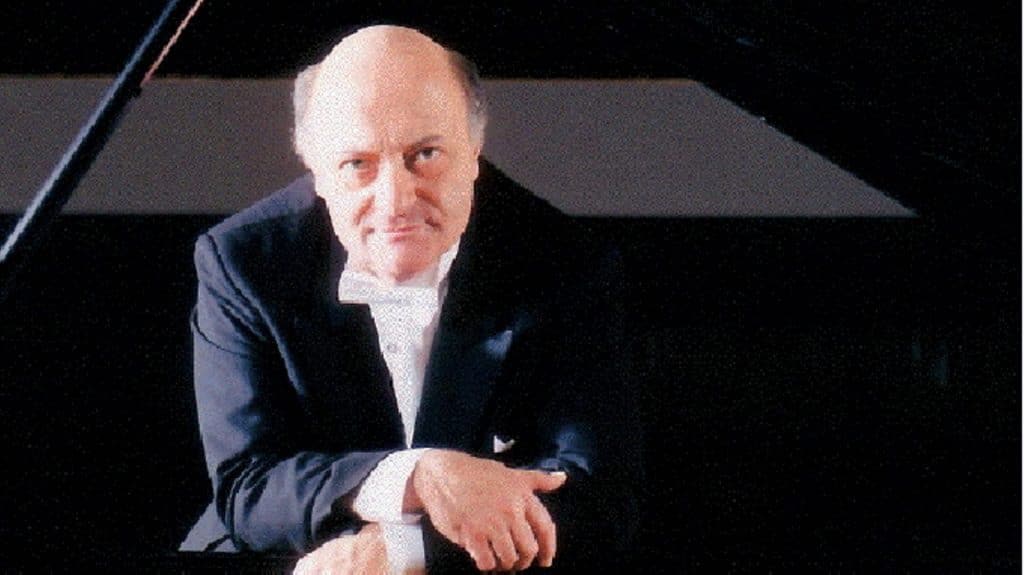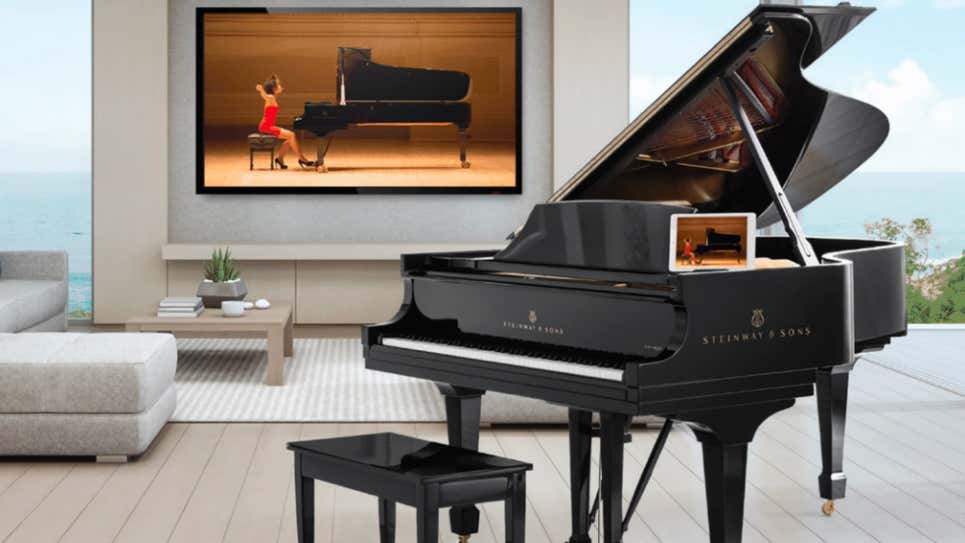Much-recorded US pianist dies in Germany
RIPThe widely admired American pianist Michael Ponti died yesterday in Garmisch-Partenkirchen at the age of 84.
Raised in Washington DC but active mostly in Europe. Ponti made more tha 80 recordings for commercial release.
They included the major works of Tchaikovsky and Rachmaninov, as well as obscurities by Alkan, Moscheles and Clara Schumann that he retrieved from oblivion.






Comments